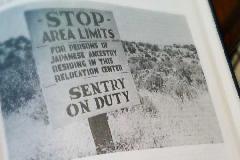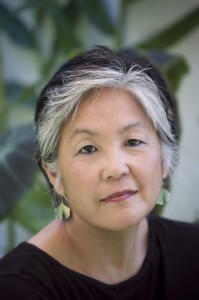
Barbed wire stretches across a Texas pasture. Behind it are hundreds of adults and children who crossed the border illegally or are seeking asylum to escape the violence in Central America.
The scene at the immigration facility in Dilley and others like it brings back vivid and horrific memories for 71-year-old Satsuki Ina who was imprisoned in an incarceration camp during World War II simply because of her Japanese American ancestry.
Ina told the Los Angeles Times while there are differences, there are distinct parallels between the two experiences. Ina saw mothers being issued identity cards similar to the ones received by her parents at Tule Lake.

“It was like fractured pieces trying to converge — their experience today, my history — being in this place where I had been as a child,” Ina said. And just as with her family, today’s families are eating unfamiliar food and under the constant stress of confinement.
Ina is a family therapist. After the war, her father who had refused to profess allegiance to the U.S. was sent to a camp in North Dakota. The rest of the family was sent to a camp in Crystal City, Texas.
“My family was held for four years. Today we stand together with you in unity and solidarity, because incarceration for children and families is not only unjust, it’s immoral,” Ina told several hundred protesters outside the immigration facility. “Nobody came to protest on our behalf. Nobody, people like you, took the time to protest the unjust incarceration. Let’s shut it down.”
(AsAmNews is an all-volunteer effort of dedicated staff and interns. You can show your support by liking our Facebook page at www.facebook.com/asamnews, following us on Twitter and sharing our stories.)
